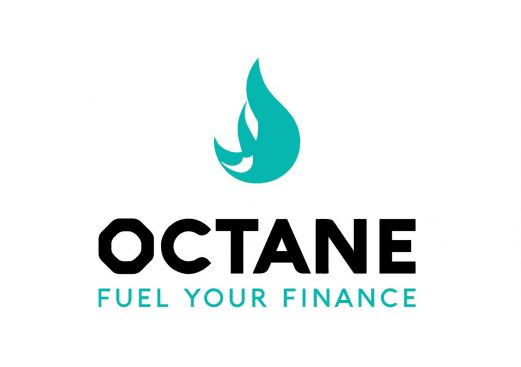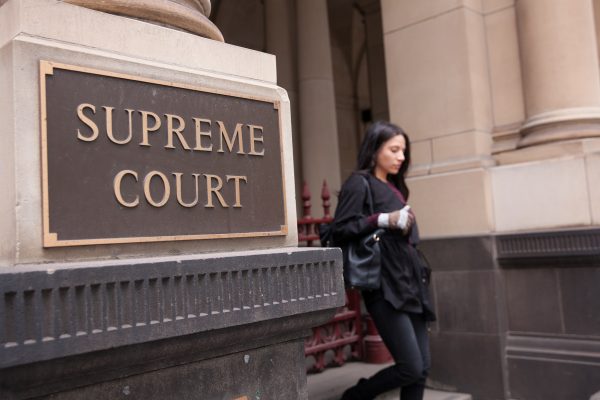…despite what we have recently been told by one particular finance company, who shall remain nameless.
The starting point here is section 21 of the Sale of Goods Act 1979 (s.21): “Subject to this Act, where goods are sold by a person who is not their owner, and who does not sell them under the authority or with the consent of the owner, the buyer acquires no better title to the goods than the seller had, unless the owner of the goods is by his conduct precluded from denying the seller’s authority to sell.”
However, in the case under discussion, the Motor Trader has a defence to this under section 27(2) of the Hire Purchase Act 1964 (s.27(2)): “Where the disposition referred to in subsection (1) above [sale by a debtor under a HP agreement before they become the owner] is to a private purchaser, and he is a purchaser of the motor vehicle in good faith without notice of the hire-purchase or conditional sale agreement (the “relevant agreement”) that disposition shall have effect as if the creditor’s title to the vehicle has been vested in the debtor immediately before that disposition.”
Accordingly, if the vehicle was sold to the Motor Trader by the person who took out the finance, the Motor Trader will not have acquired title, whether they bought in good faith or not. In that scenario, the finance company is right that the protection under the 1964 Act applies only to private purchasers and not to Motor Traders.
If, on the other hand, the person who took out the finance agreement either (a) sold the vehicle to a private purchaser, or (b) sold it to a Motor Trader who then sold it to another private purchaser, and in either case that purchaser bought the vehicle in good faith and with no notice of the finance before then selling it to the Motor Trader, then the Motor Trader will be protected. To the extent the finance company makes the blanket claim that Motor Traders have no protection under s.27, that is wrong. Motor Traders do have protection, but only indirectly when buying from a private purchaser who has themselves successfully acquired good title, having purchased in good faith without notice of the finance.
Further, there is also a defence under s.27(3), which says, “Where the person to whom the disposition referred to in subsection (1) above is made (the “original purchaser”) is a trade or finance purchaser, then if the person who is the first private purchaser of the motor vehicle after that disposition (the “first private purchaser”) is a purchaser of the vehicle in good faith without notice of the relevant agreement, the disposition of the vehicle to the first private purchaser shall have effect as if the title of the creditor to the vehicle had been vested in the debtor immediately before he disposed of it to the original purchaser.”
Indeed, according to finance in the present case it claims that “Crucially, it [s.27 of the HP Act 1964] cannot operate to vest good title in a purchaser where none ever existed in the transferor.” Of course, this is the complete opposite of what s.27(2) and (3) say since where the requirements of either section are fulfilled, “the disposition shall have effect as if the creditor’s title to the vehicle has been vested in the debtor immediately before that disposition.” In the s.27(3) scenario, the same effect applies immediately before he disposed of it to the original purchaser.
This necessarily means that title passes from the “transferor” because an effective sale of any good involves a transfer of title and the seller in this situation is deemed to have title which enables them to pass it. If that were not the case, s.27 would be completely meaningless; it would achieve nothing at all.
If you are facing a title dispute of this kind, our Lawgistics legal helpline and casework team can review the chain of title and advise on next steps.
That said, such case is likely to turn on the chain of custody.

Octane Finance is the broker of choice for new and used car dealers nationwide. With our uncompromising service levels and our genuine and professional approach, you and your customers can trust us to deliver.







